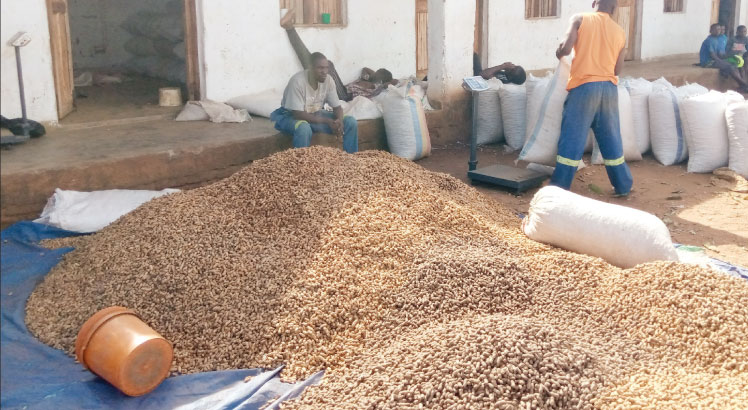Renewable energy players warn of rising product prices
Prices of solar products on the market will rise if traders will be compelled to pay customs duty and value added tax (VAT) on the imported products.
This according to Renewable Energy Industries Association of Malawi (Reiama) will frustrate government efforts to increase access to renewable energy among Malawians through removal of taxes.

National Energy Policy clearly spells out that government will strengthen the exploitation of renewable energy resources and support small-scale renewable energy initiatives by communities or entrepreneurs.
Under policy statement II, government commits to promoting Renewable Energy Technologies (RETs) products for vulnerable and marginalised groups.
In line with the policy objectives, in the 2019/20 national budget, government through the Ministry of Finance, announced removal of tax on renewable energy products to make them affordable for all.
Introduction of a zero rate Value Added Tax (VAT) pertained to solar panels, solar batteries, solar inverters, solar bulbs, solar regulators, solar chargers, solar accumulators, solar lamps, energy efficient bulbs, among others.
For instance, according to Reiama, small basic solar lighting lamps which are used by low income consumers and imported without tax imposition, are selling at K5 000 but with tax inclusion the price will jump to K7 500 per item.
In the same vein, medium solar system used for lighting and charging phone batteries among others selling at K28 000 will see the price jump to K42 000 when excise duty and VAT will be added.
In an interview, Reiama executive director Ron Kabvina wondered why some firms were still being charged taxes despite government tax waivers being intact.
He said RETs products can only be promoted for vulnerable and marginalised groups by making the same accessible at reasonable prices or costs but government through Malawi Revenue Authority (MRA) was working in reverse.
Kabvina said: “Unfortunately, the professionally and efficiently crafted National Energy Policy does not seem to be in line with the reality on the ground.
“The exorbitant prices or cost of energy in Malawi is hampering all government’s efforts to achieve the Sustainable Development Goal (SDG) number 7 and the ambitious policy goals and objectives”.
In a letter that we have seen addressing the discrepancy, MRA said the imposition of taxes on RET’s products was an oversight which was reversed.
The letter reads in part: “In essence, there is no import duty, no import excise and VAT is zero rated. Furthermore, take note of Government Notice Number 66 of 6th September, 2019 which made amendments to the Customs and Excise (Tariffs) Order that removed import VAT on Solar products.
“In view of the above, we would like to stress that government tax policy to have these solar products duty free has not changed”.
However, general manager for Solar Aid Brave Mhonie said despite MRA’s response, their consignments remain upheld at the tax collector’s premises for over three months now in demand for tax payments.
He said they have reached a point of make or break where employees and agent distributors will be relieved of their work because MRA has put business at risk.
Ministry of Energy spokesperson Saidi Jabu said in an interview that solar products remain tax free.
Currently, Malawi’s population access to electricity remains at 18 percent, 12 percent accessible through the national grid while six percent is accessible through mini grids.





